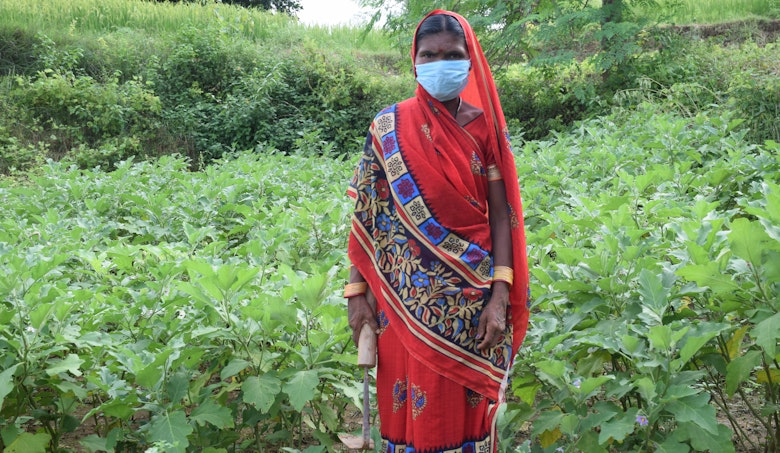Seeds instead of Scraps
As a parent, you would want your children to reach all of their potential and beyond. However, if you are in the harshest environments, these potentials are not realized. In various communities in Jharkhand, India, many parents cannot afford to provide for their children and cannot send them to school. Rather, they request their sons and daughters to pick mica scraps in mining sites or marry at an early age.
Kharo, Laky, and Devi are three girls and women from three different villages in Jharkhand, India. Despite being from three different families, communities, and age groups, their stories are one and the same.
Laky is a 15-year-old girl who dropped out of school at 8th Grade. Kharo, a 9-year-old is not even enrolled in school at all. On the other hand, Devi is a 48 year-old mother of four who did not receive that much education throughout her life and all of her children are irregular at school.
The family of these three completely depended on the collection of mica scraps for a living, a mineral that is used for different materials from electrical products to makeup. Kharo’s family resides in a remote area in which government support is not provided. Due to Laky’s poor family status, she is at risk of being married off at a young age while Devi’s small vegetable cultivation is not enough to provide for her family.
The COVID-19 pandemic also overwhelmed the families of three. Government ration did not reach Kharo’s village. Perception of marriage as cheaper during the lockdowns influenced Laky’s parents to make a decision for her despite her young age. Devi lost her livelihood and could not sell her crops during the lockdowns. These further encouraged their dependence on mica scrap collection through child labour.
TdH/Partner Support
Terre des Hommes Netherlands holistic approach to support those in need in India helped identify these three families. With TDH-NL’s staff’s strong presence and connection with local communities, Kharo, Laky, and Devi were provided with help that they needed.
All three families were supported by TDH by connecting them to government support schemes and providing financial support to the parents to send their children back to school. Kharo and Laky’s parents, and Devi herself were connected to self-help groups in which they learned better ways to make a living such as vegetable cultivation techniques and livestock rearing.
Kharo and Laky, and Devi’s children now have the chance to reach their highest potential after getting out of child labour. Kharo said, “I am very excited to attend school on a regular basis once school reopens after COVID-19 lockdown. My father now has an additional source of livelihood and it has proved beneficial for all my family. I no longer work in mines”.
"I am very excited to be back to studies. I am eagerly waiting for the reopening of school" said Laky
“Since our family has found a new confidence in establishing additional livelihood, I have stopped engaging my children in picking Mica scraps and successfully persuaded other families in neighbourhoods to do the same. I dream for the day when all my children get educated properly and bring name and fame for themselves and for the entire village through their chosen careers”, ended Devi.
Hundreds of families in Jharkhand, India rely on the mica supply chain, with many of them being the start of it. Collection of mica scraps can heavily rely on child labour. With Terre des Hommes presence, these communities are given other opportunities to make a living and build a better future for themselves.

